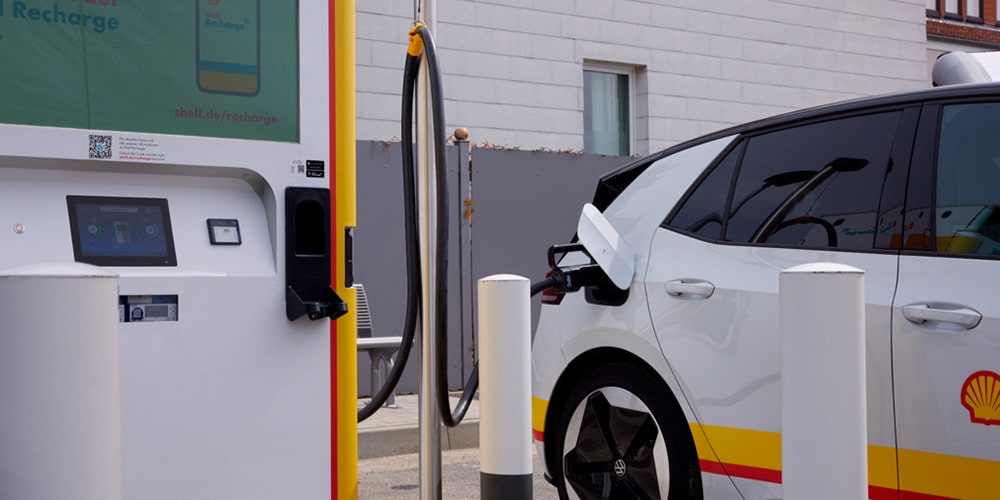A recent report from the Global Fuel Economy Initiative (GFEI) sheds light on the potential carbon emission reductions lost amid the global surge in SUV popularity, impacting the progress made by electric vehicles (EVs) in the past decade. The study suggests that if vehicles had maintained their size from 2010 to 2022 without the SUV trend, carbon emissions could have decreased by over 30%. Instead, emissions only experienced a modest 4.2% decline, partially offsetting the positive impact of EV adoption.
SUVs, comprising 51% of new car sales, have contributed to an unprecedented rise in the average weight of light-duty vehicles, reaching over 1.5 tonnes. The report indicates that the expanding size of SUVs, with an average footprint of 4.2 square meters, has impeded the potential emission reductions achievable through electric mobility. Despite representing 15% of global new car sales in 2022, EVs demonstrate three to six times greater energy efficiency than Internal Combustion Engine (ICE) vehicles.
The study underscores the profitability of SUVs for automakers, driving their prevalence in the market due to premium pricing and lower manufacturing costs. Even as EVs gain traction, the increasing demand for larger, heavier vehicles poses challenges to sustainable mobility, impacting climate and road safety.
Sheila Watson, Deputy Director of the FIA Foundation, emphasizes the need to address the growing size of vehicles to achieve the GFEI goal of doubling car fuel efficiency by 2030. The report advocates for government interventions, including size caps on vehicles (hybrid, electric, and ICE) and stringent regulations on heavily utilized vehicles, such as company cars and ride-sharing services.
To foster a shift towards smaller EVs, the report recommends additional measures, such as increased investment in renewables, the phasing out of fossil fuel subsidies, carbon pricing, regulations on minimum EV charging deployment, and financial instruments facilitating affordable EV access. The findings highlight the imperative to mitigate the environmental impact of larger vehicles, including electric SUVs, to achieve sustainable and equitable mobility.

